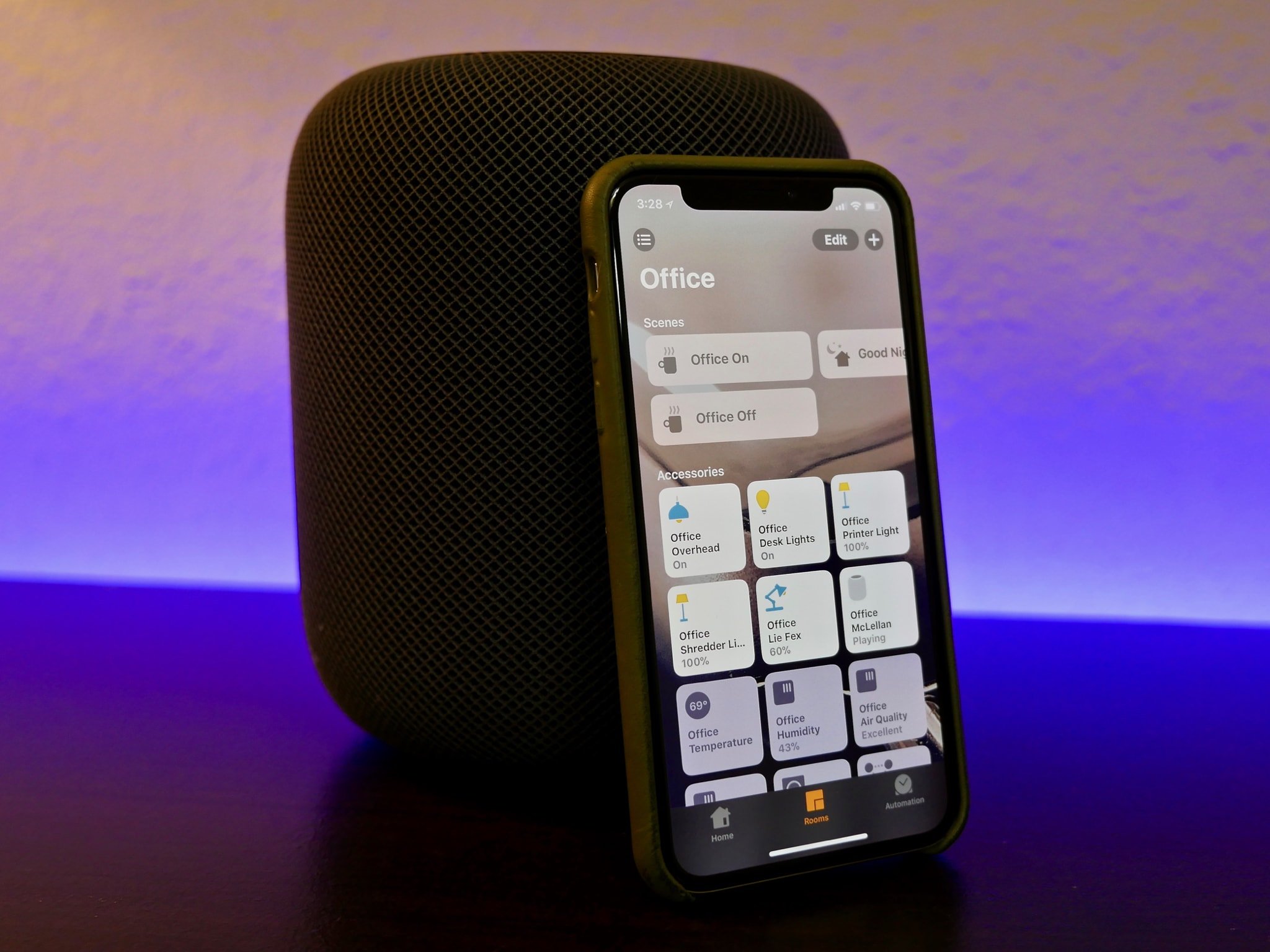Apple joins Amazon, Google, Zigbee Alliance, and others to help develop a smart home connectivity standard

iMore offers spot-on advice and guidance from our team of experts, with decades of Apple device experience to lean on. Learn more with iMore!
You are now subscribed
Your newsletter sign-up was successful
What you need to know
- Apple and others are joining forces to improve smart home standards.
- Amazon, Google, and others are in.
- There's even a new website with all of the information, too.
Apple has today announced that it has joined forces with Google, Amazon, and the Zigbee Alliance to work on the adoption of a new connectivity standard designed to make it easier for smart home products to work with each other.
The Zigbee Alliance is made up of some big names in the world of smart home accessories and appliances, with names like Samsung SmartThings, Signify (formerly Philips Lighting), and IKEA included. Apple says that it wants to increase compatibility of devices to make life easier for consumers.
The goal of the Connected Home over IP project is to simplify development for manufacturers and increase compatibility for consumers. The project is built around a shared belief that smart home devices should be secure, reliable, and seamless to use. By building upon Internet Protocol (IP), the project aims to enable communication across smart home devices, mobile apps, and cloud services and to define a specific set of IP-based networking technologies for device certification.
As part of the joint efforts a new website, "Project Connected Home over IP", has been launched and people are encouraged to go there to get updates. Apple also says that the intention is to "take an open-source approach" to the group's work.
The industry working group will take an open-source approach for the development and implementation of a new, unified connectivity protocol. The project intends to use contributions from market-tested smart home technologies from Amazon, Apple, Google, Zigbee Alliance, and others. The decision to leverage these technologies is expected to accelerate the development of the protocol, and deliver benefits to manufacturers and consumers faster.
Ultimately, this should be good news for consumers. The theory goes that this will allow device makers to more easily add support for services like Amazon's Alexa, Apple's Siri, and Google Assistant as well as others as they are developed or new companies come on board. Previously, companies had to support HomeKit in order to take full advantage of Siri.
iMore offers spot-on advice and guidance from our team of experts, with decades of Apple device experience to lean on. Learn more with iMore!

Oliver Haslam has written about Apple and the wider technology business for more than a decade with bylines on How-To Geek, PC Mag, iDownloadBlog, and many more. He has also been published in print for Macworld, including cover stories. At iMore, Oliver is involved in daily news coverage and, not being short of opinions, has been known to 'explain' those thoughts in more detail, too.
Having grown up using PCs and spending far too much money on graphics card and flashy RAM, Oliver switched to the Mac with a G5 iMac and hasn't looked back. Since then he's seen the growth of the smartphone world, backed by iPhone, and new product categories come and go. Current expertise includes iOS, macOS, streaming services, and pretty much anything that has a battery or plugs into a wall. Oliver also covers mobile gaming for iMore, with Apple Arcade a particular focus. He's been gaming since the Atari 2600 days and still struggles to comprehend the fact he can play console quality titles on his pocket computer.
